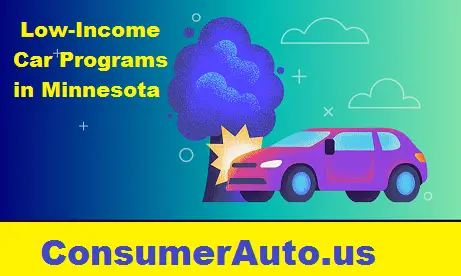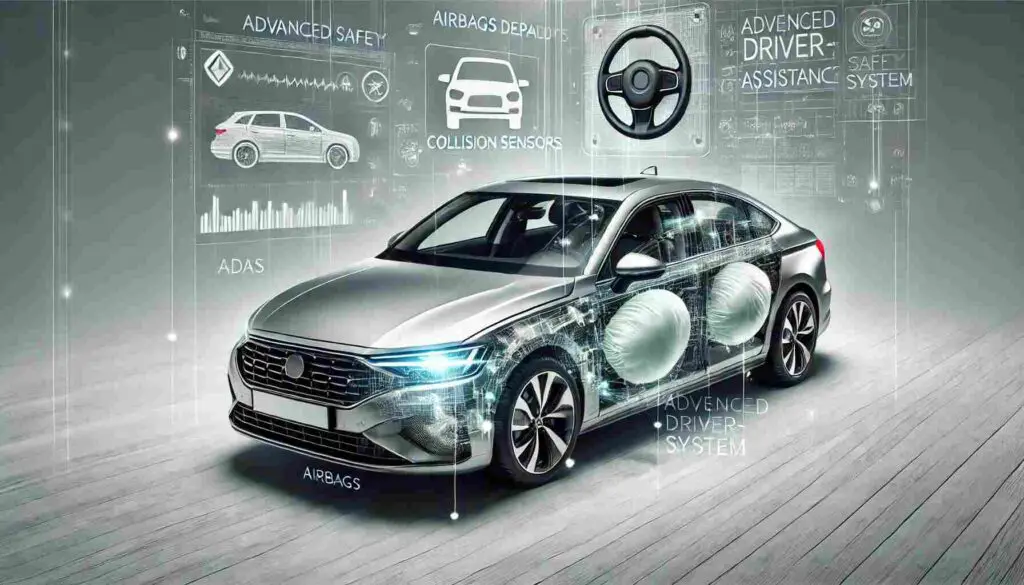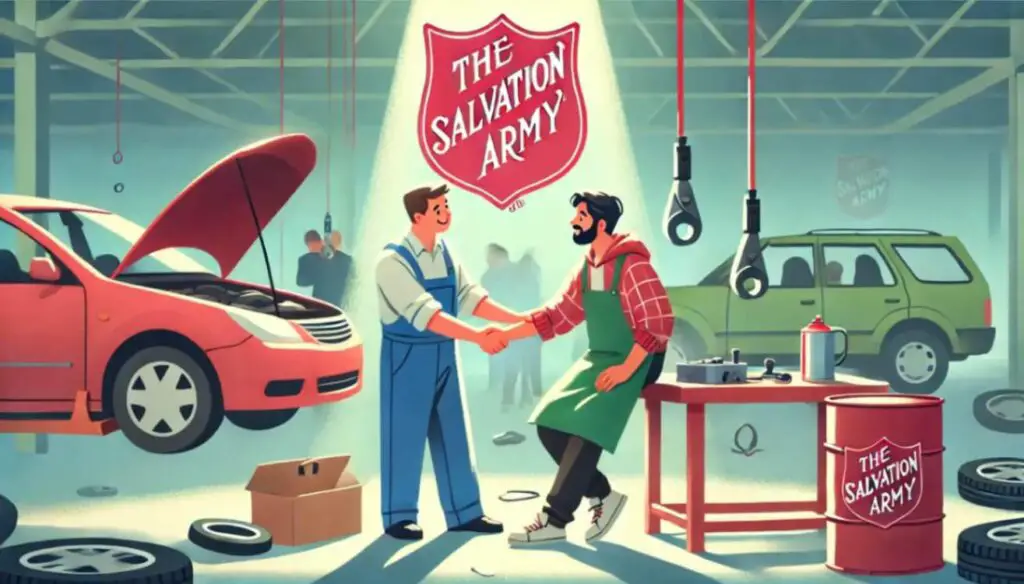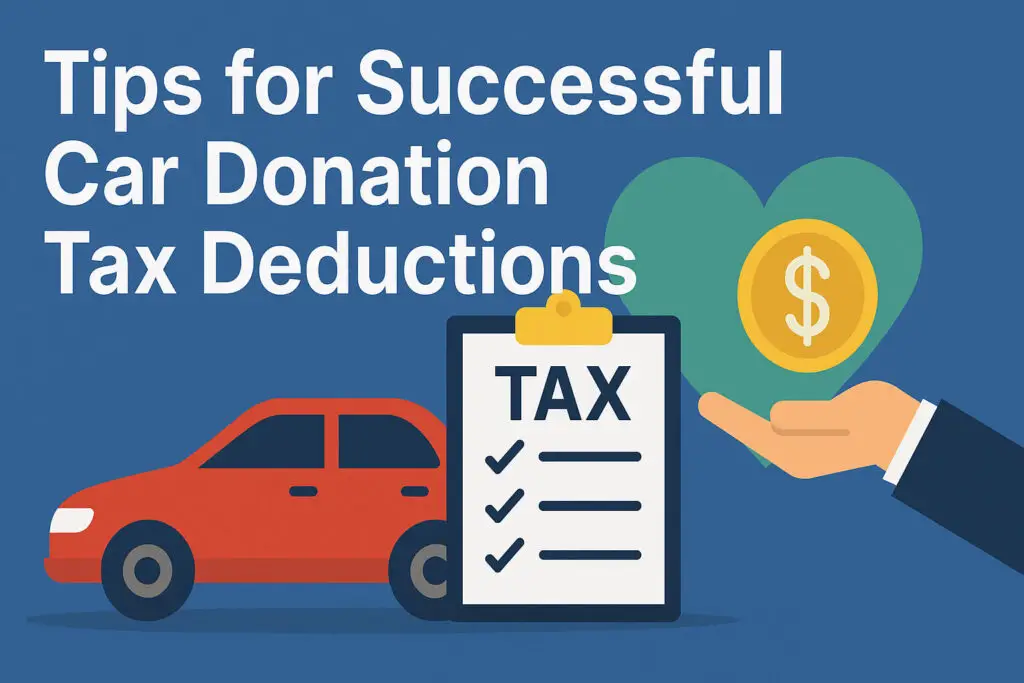In today’s fast-paced world, reliable transportation is a crucial factor in achieving personal and professional success. For low-income individuals and families, accessing transportation can be a challenging endeavor, impacting their ability to secure employment, pursue education, and maintain an overall high quality of life. In Minnesota, a range of low-income car programs have been established to address this critical issue and provide essential support to those in need.
Transportation plays a pivotal role in the lives of low-income individuals, as it directly affects their mobility and access to various opportunities. In the state of Minnesota, several low-income car programs have been designed to alleviate transportation barriers and empower disadvantaged communities. This article delves into the significance of these programs and their positive impact on the lives of Minnesota’s residents.
Understanding the Need
Low-income individuals often face substantial challenges in accessing reliable transportation. The lack of a vehicle can lead to difficulties in commuting to work, attending educational institutions, and accessing essential services. This predicament not only hinders personal growth but also perpetuates the cycle of poverty. The absence of transportation options can restrict employment opportunities, limit educational achievements, and isolate individuals from community engagement.
Overview of Low-Income Car Programs
Low-income car programs in Minnesota aim to bridge the transportation gap and enable disadvantaged individuals to achieve self-sufficiency. These programs are designed to provide access to affordable vehicles, car repair assistance, and even free vehicles. By doing so, they empower recipients to overcome the challenges posed by transportation limitations and move towards economic stability.
Getting to Work Project
The “Getting to Work Project,” funded by the Minnesota Department of Employment and Economic Development (DEED), is a flagship initiative that addresses transportation barriers. This program assists eligible individuals in obtaining vehicles, enhancing their ability to commute to work and engage in productive employment. The program operates by offering financial support and guidance throughout the vehicle acquisition process. Real-life success stories underscore the program’s effectiveness in transforming lives by facilitating employment opportunities.
Wheel Get There Program
The “Wheel Get There” program, administered by the Minnesota Valley Action Council (MVAC), facilitates access to affordable vehicles for low-income individuals. The program involves selling donated cars at discounted prices, enabling recipients to own a vehicle that meets their needs. This initiative not only provides transportation solutions but also fosters a sense of ownership and empowerment among beneficiaries.
Vehicle Repair Assistance
The “Vehicle Repair Assistance” program, managed by the Community Action Partnership of Hennepin County, focuses on maintaining safe and functional vehicles for low-income residents. This program offers financial aid for necessary car repairs, ensuring that individuals have reliable transportation. By addressing the repair needs of existing vehicles, this initiative enhances the overall safety and mobility of recipients.
1-800-Charity Cars
The national charity organization, “1-800-Charity Cars,” extends its support to Minnesota’s low-income population by providing free vehicles. This program operates by offering donated vehicles to individuals and families in need. These acts of generosity not only grant access to transportation but also symbolize the community’s commitment to uplifting disadvantaged members.
Community Emergency Assistance Program, Inc. (CEAP)
The “Community Emergency Assistance Program, Inc. (CEAP)” offers zero percent interest loans for car repairs or purchases. This innovative initiative empowers individuals to address their transportation needs without incurring the burden of high-interest loans. By providing accessible financial solutions, CEAP contributes to enhancing the mobility and well-being of low-income beneficiaries.
Frequently Asked Questions (FAQs)
Q1: What are low-income car programs, and who are they designed for?
A: Low-income car programs are initiatives that provide transportation support to individuals and families with limited financial resources. They are specifically designed to assist those who face challenges in accessing reliable transportation due to economic constraints.
Q2: How do programs like Getting to Work Project contribute to community development?
A: Programs like the Getting to Work Project contribute to community development by promoting employment opportunities and economic growth. By enabling individuals to secure stable employment through improved transportation, these programs enhance the overall economic well-being of the community.
Q3: What factors determine eligibility for the Wheel Get There program?
A: Eligibility for the Wheel Get There program is typically based on income levels and other specific criteria set by the administering organization. Prospective participants may need to meet certain income thresholds and demonstrate a genuine need for transportation assistance.
Q4: Can Vehicle Repair Assistance be used for routine maintenance?
A: Vehicle Repair Assistance is primarily intended to address essential repairs that impact the safety and functionality of the vehicle. While routine maintenance may not be covered, individuals are encouraged to inquire with program administrators for specific guidelines.
Q5: How can someone apply for a free vehicle through 1-800-Charity Cars?
A: Individuals interested in applying for a free vehicle through 1-800-Charity Cars can visit the organization’s official website or contact their representatives directly. The application process typically involves providing information about personal circumstances and transportation needs.
Q6: Are there any geographical restrictions for CEAP’s loan program?
A: Geographical restrictions for CEAP’s loan program may vary based on the organization’s service area. Prospective applicants are advised to review the program’s eligibility criteria or contact CEAP for information specific to their location.
Q7: What other alternatives are available if I don’t qualify for these programs?
A: If you don’t qualify for the mentioned programs, consider exploring local social services agencies, community organizations, or charitable institutions. These entities may offer additional resources or guidance on accessing transportation support.
Q8: How can I support these programs as a volunteer or donor?
A: To support these programs, you can inquire about volunteer opportunities or make donations directly to the respective organizations. Volunteering your time or contributing funds can help sustain and expand the reach of these valuable initiatives.
Q9: Are there any success stories that showcase the positive impact of these programs?
A: Yes, numerous success stories highlight the transformative impact of these programs on individuals’ lives. From securing employment to achieving personal milestones, these stories underscore the meaningful difference that access to transportation can make.
Q10: How often are these programs renewed or updated to meet changing needs?
A: The renewal or update frequency of these programs can vary based on funding availability, community needs, and organizational priorities. It’s recommended to stay informed through official program channels for the latest updates.
Conclusion
In conclusion, low-income car programs in Minnesota play a crucial role in addressing transportation disparities and promoting socioeconomic mobility. These initiatives provide much-needed support to individuals and families, enabling them to access employment, education, and essential services. Through a range of programs that offer vehicles, repair assistance, and financial aid, Minnesota is fostering a more inclusive and empowered community. As individuals explore these resources and seize the opportunities they present, the state takes a significant step towards enhancing the lives of its most vulnerable residents.









